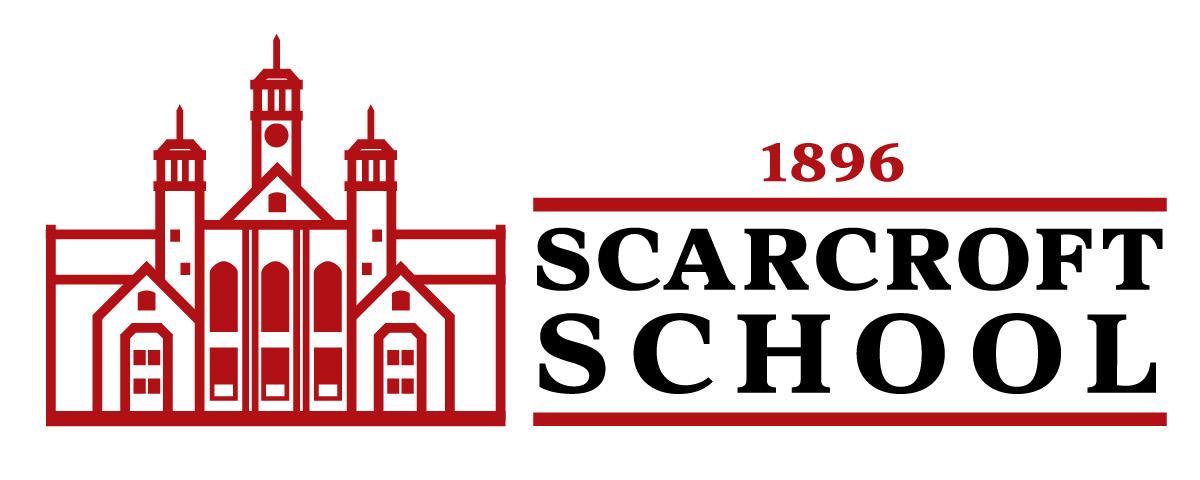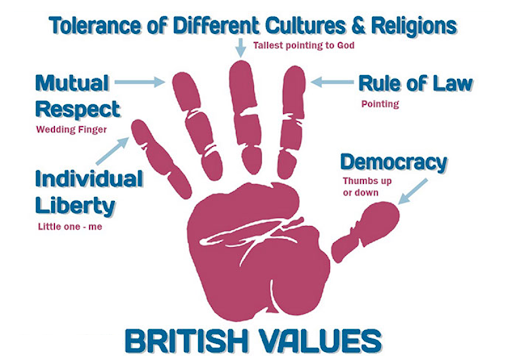- Our school
- Families
- Support for families
- Reception 2025 Open Morning
- Admissions
- Attendance
- Clubs and activities
- E-Safety
- English as an Additional Language (EAL)
- Friends of Scarcroft School (FoSS)
- Lateness and absence
- Lunch menu
- PE and Sport Premium
- Pupil Premium and free school meals
- Safeguarding and Personal Development
- School uniform
- SEND
- The Nest – Nurturing Education Support Team
- The school day
- Wraparound childcare
- Curriculum
- Personal Development
- Latest
- Contact us


